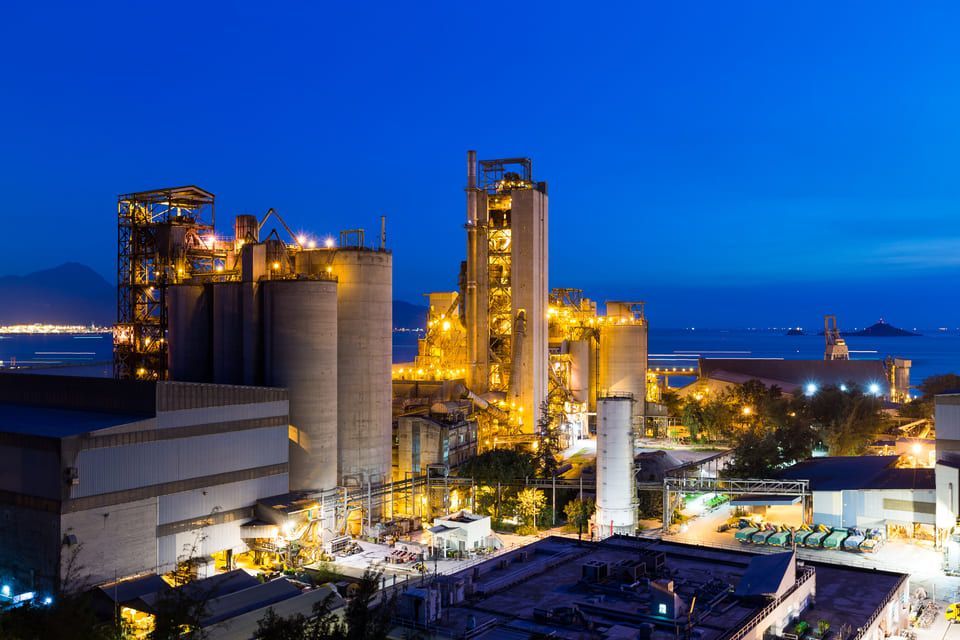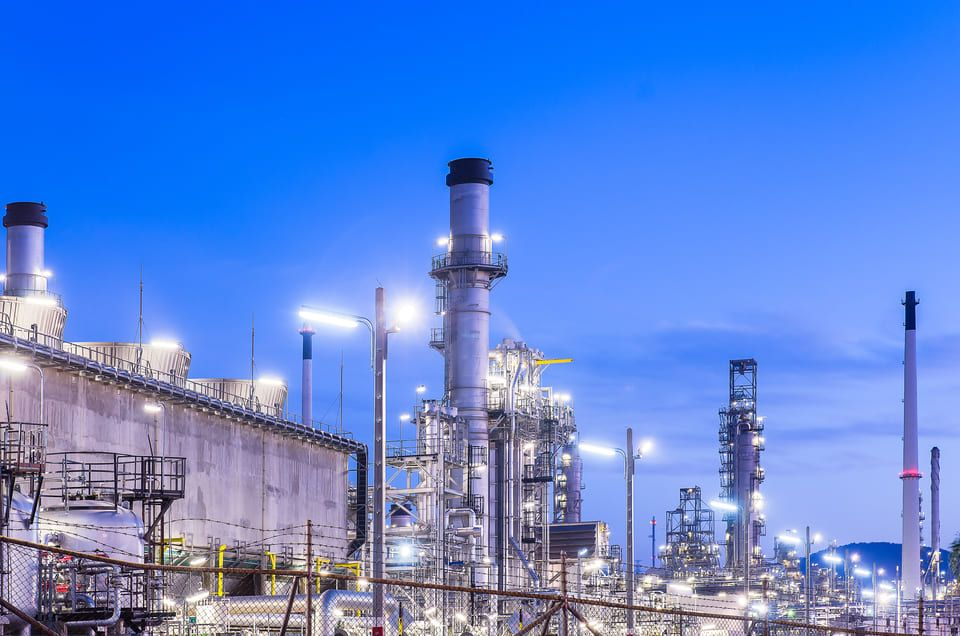Optimizing the transmission of thermal energy in industry.
Optimizing the transmission of thermal energy in industry is a crucial step towards achieving energy efficiency and cost savings. This article discusses various aspects of optimizing thermal energy transmission in the industrial sector.

In today's world, energy efficiency and conservation are extremely important, both for the environment and for businesses. Optimizing the transmission of thermal energy in industry can lead to significant reductions in energy consumption, lower operating costs, and improved efficiency of heating systems. In this article, we will discuss various aspects of optimizing the transmission of thermal energy in industry and present effective strategies that can help achieve these goals.
Analysis of the existing state
Before embarking on the optimization of thermal energy transmission in industry, it is essential to conduct a thorough analysis of the existing state. Existing heating systems, thermal insulation, and energy consumption should be examined to identify areas that require improvement. This analysis will allow setting priorities and selecting appropriate optimization strategies.
Thermal insulation efficiency
One of the key aspects of optimizing the transmission of thermal energy is proper thermal insulation. Choosing suitable insulation materials, such as mineral fibers, can significantly increase the efficiency of energy transmission in industrial installations.
Optimization of ventilation systems
Ventilation systems play a crucial role in industry, both in terms of employee comfort and energy efficiency. Heat recovery allows for the extraction of energy from the exhaust air and its utilization for heating fresh air. Moreover, efficient ventilation solutions, such as variable-speed fans, can significantly reduce energy consumption.
Automation and control
Intelligent energy management systems can contribute to significant savings in industry. By monitoring and regulating temperature, lighting, and other parameters, energy consumption can be optimized to meet actual needs. Temperature sensors and automatic control systems enable precise control and minimization of energy losses.
Energy consumption monitoring
To effectively optimize the transmission of thermal energy in industry, monitoring energy consumption is essential. Measurement systems enable accurate reporting and identification of high-energy consumption areas. With this information, specific actions can be taken to reduce consumption and improve efficiency.
Innovative solutions
Industry is continually evolving in terms of optimizing thermal energy transmission. Utilizing renewable energy sources, such as solar or geothermal energy, can significantly contribute to savings and emission reduction. Heat recycling is an innovative solution that allows utilizing "wasted" heat for heating purposes.
Genergo thermal insulation covers
Genergo thermal insulation covers are products designed to thermally insulate various elements and devices operating in industrial installations. They are made of high-quality thermal insulation materials, providing protection against heat loss or overheating.
Genergo thermal insulation covers are commonly used in various industries and sectors, such as industry, energy, transportation, or the chemical industry. They can be used to insulate pipelines, fittings, heat exchangers, and many other devices.
Summary
Optimizing the transmission of thermal energy in industry is a crucial step towards energy efficiency and cost savings. Through analysis of the existing state, proper thermal insulation, efficient heating systems, optimization of ventilation systems, automation and control, monitoring energy consumption, and utilizing innovative solutions, significant benefits can be achieved.
Optimizing thermal energy transmission not only contributes to environmental protection but also allows businesses to reduce operating costs and increase efficiency.
During the optimization process, companies have the opportunity to improve energy efficiency, reduce costs, and enhance performance. Therefore, it is worth utilizing available tools and technologies to contribute to both environmental protection and business development.

FAQ:
Is optimizing thermal energy transmission costly?
Optimizing thermal energy transmission may require some initial investments, but in the long term, it brings financial savings through reduced energy losses.
What are the environmental benefits of optimizing thermal energy transmission?
Optimizing thermal energy transmission leads to reduced greenhouse gas emissions and lower consumption of fossil fuels, contributing to environmental protection and cost reduction for businesses.
Is optimizing thermal energy transmission applicable only in the industry?
No, the principles of optimizing thermal energy transmission can also be applied in other sectors, such as residential buildings, services, or the public sector.
